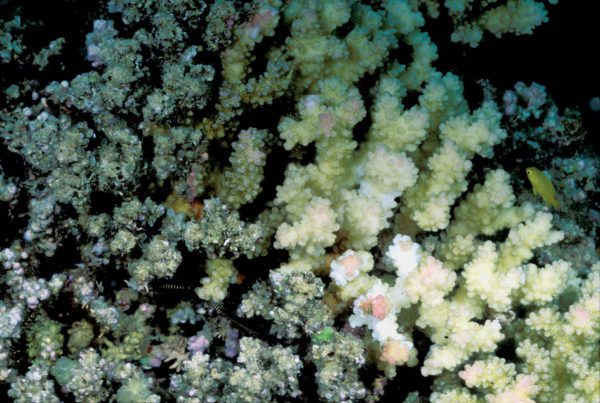A love of tropical watersports combined with the risk of sunburn and skin cancer translates into an estimated 6,000 to 14,000 tons of sunscreen lotion released onto coral reefs worldwide each year. This is according to a 2015-published scientific article in the journal, Environmental Contamination and Toxicology, which laid the groundwork for a bill introduced to the Hawaiian legislature in February to ban the sale of sunscreens that contain either oxybenzone or octinoxate since coral reefs are integral to the island’s tourism industry. The problem is that these two chemical additives in sunscreen can wash off into the sea during watersports and potentially cause problems such as coral bleaching, coral larvae damage and fish development disruption. Fortunately, there are sunscreens that can protect against sunburn and be sea-friendly at the same time.
“When it comes to the marine environment, it’s important to consider what you may be putting in the water – from hull antifouling paint to black and graywater to cleaning products – and to understand how these chemicals or waste are impacting wildlife and the ecosystem,” explains Shelley Brown, Ph.D., educational director for the Newport, RI-headquartered, Sailors for the Sea. “Most people who enjoy the waterways through activities like boating, swimming and snorkeling are likely wearing sunscreen. Sunscreen is another product that we should have a greater understanding of, especially when in sensitive ecosystems like coral reefs. Unfortunately, not all sunscreens were created equal, and some can impact the environment.”
Brown says that when she and her Sailors for the Sea team visit regattas as part of the organization’s environmentally-friendly Clean Regattas program, particularly those in warm climates such as the Caribbean, they are often asked what type of sunscreen is best. Therefore, the group decided to add information about this topic to its web-based *Green Boating Guide. Several of the sunscreens mentioned on the organization’s site as well as those recommended by the U.S.-based **Environmental Working Group are available and/or can be shipped outside the U.S. to the Caribbean.

“Key is to read the active ingredients in the sunscreen you are interested in purchasing. Look for products that contain zinc oxide or titanium dioxide (physical barriers). You want to avoid products that contain chemicals such as oxybenzone, octinoxate, homosalate, octisalate and octocrylene because of concerns over toxicity” says Brown.

In the Caribbean, major regattas as well as crewed charter groups are adding the topic of sunscreens to their ‘green’ efforts. For example, although reef-friendly sunscreen isn’t something yet formally incorporated into criteria for the Sailors for the Sea Clean Regattas program, some regattas that actively participate in this campaign, such as the BVI Spring Regatta & Sailing Festival (BVISR), currently touch on this topic.
“Each year we find new ways to help with our Green program,” says Judy Petz, director of the BVISR, which earned the first ever Gold Level Clean Regatta designation for an event outside the U.S. “We do have a vendor in our Regatta Village that provides natural sunscreen and body products made here in the BVIs.”
The Caribbean Yacht Brokers Association (CYBA) includes information about the importance of reef-friendly sunscreens in its ***Guide to Eco-friendly Charters. This publication recommends the use of only sunscreens with titanium dioxide and zinc oxide.
“There are a few charter yachts that provide reef-friendly sunscreen for their guests,” says Jessica Perraton-Jones, owner and charter yacht broker at The Charter Yacht Company, in Toronto, Canada, who co-chairs CYBA’s ‘Going Green to Save the Blue’ committee with Trish Cronan, president of Ocean Getaways Yacht Charters, in Fort Denaud, Florida. “However, I think it would be great for all charter yachts do this as I think it comes as a total surprise to most people when they hear about the damage that regular sunscreens can do to reefs.”
www.sailorsforthesea.org/programs/green-boating-guide/sunscreens
www.ewg.org/sunscreen/best-sunscreens/best-beach-sport-sunscreens
www.cyba.net/wp-content/uploads/2012/09/WEB-CYBA_Eco-Friendly-Pamphlet-2015.pdf





